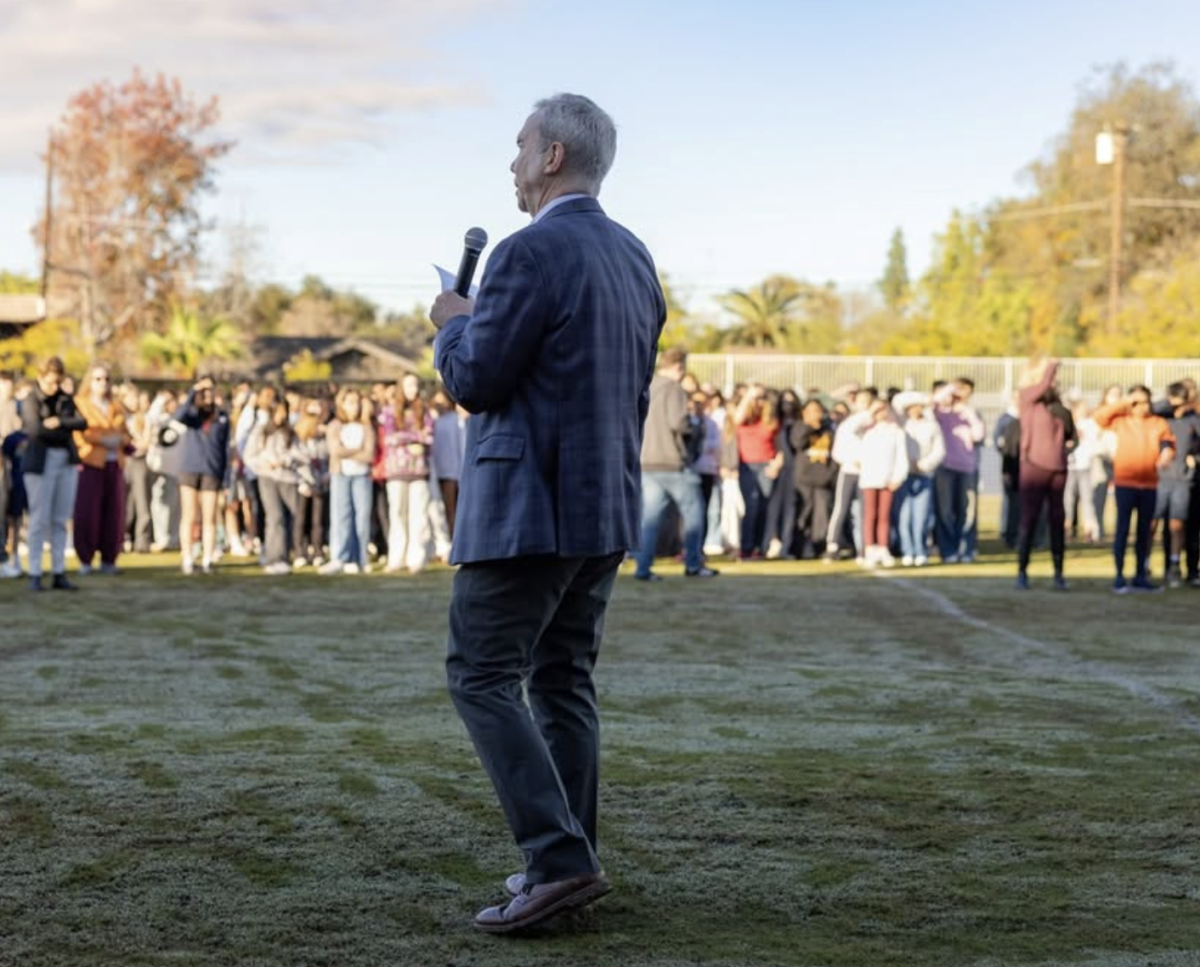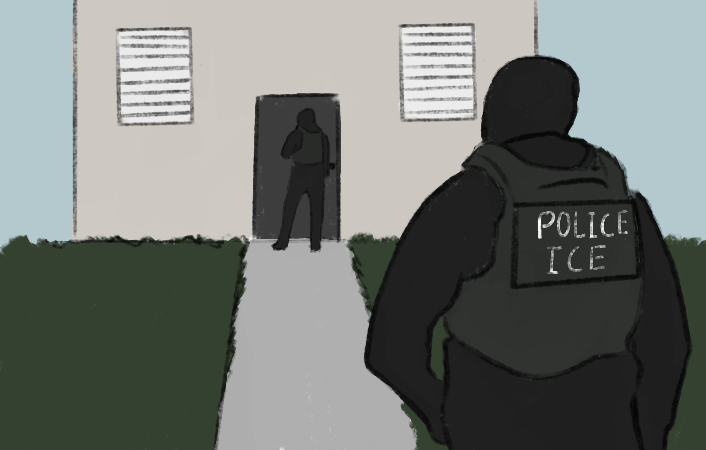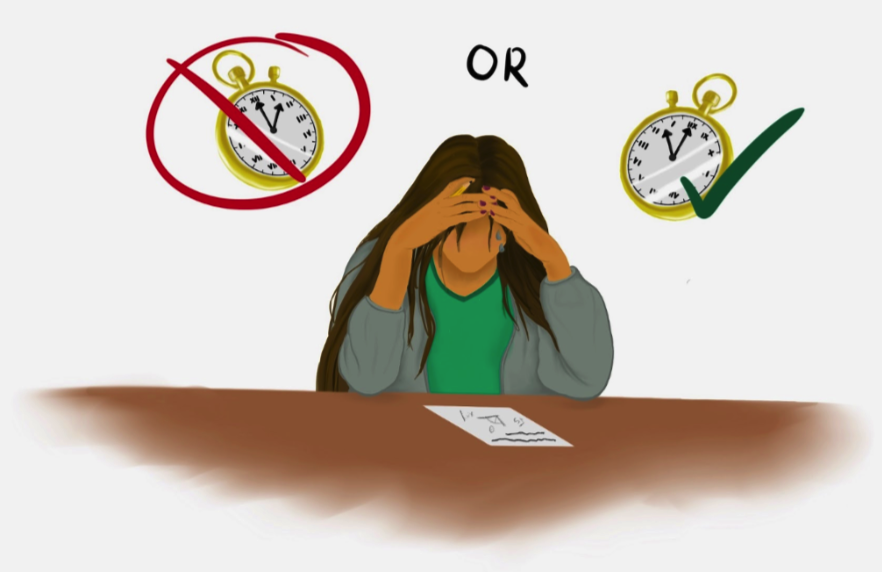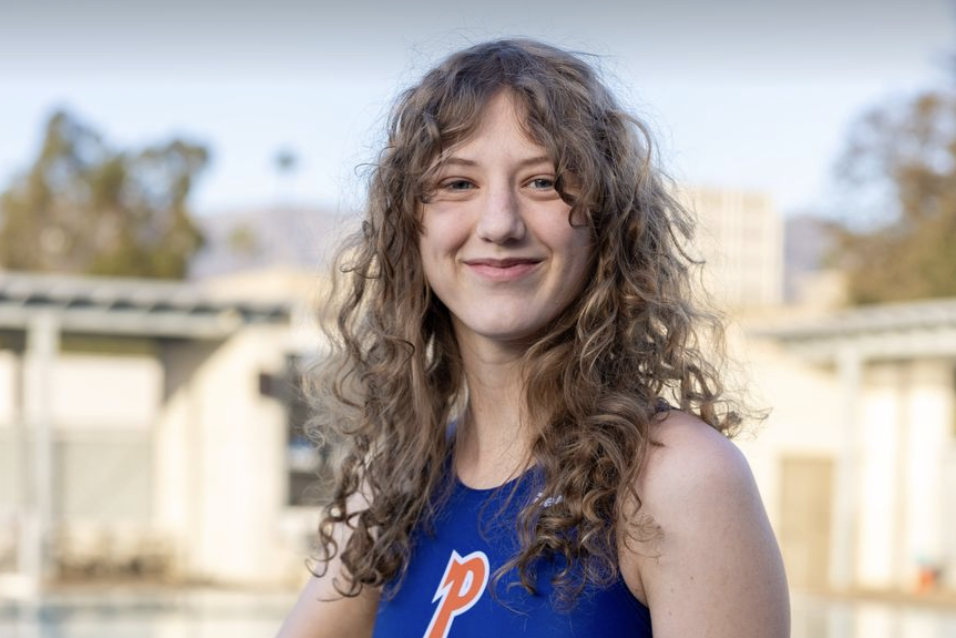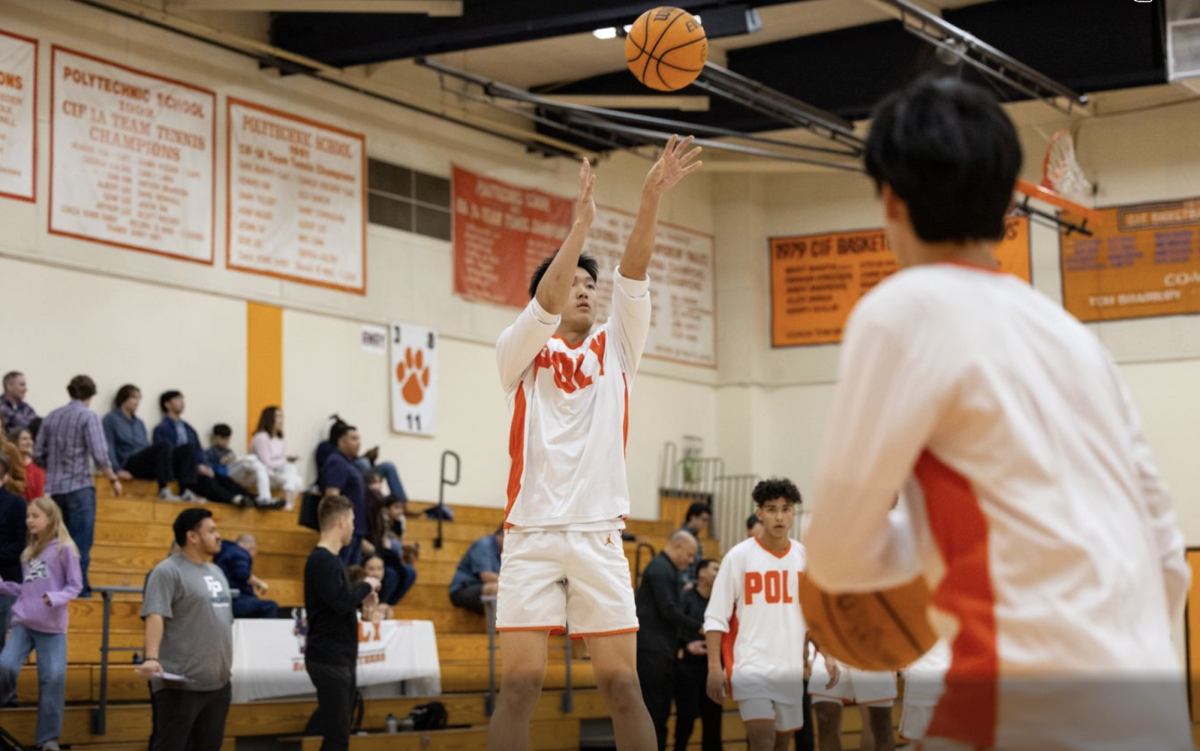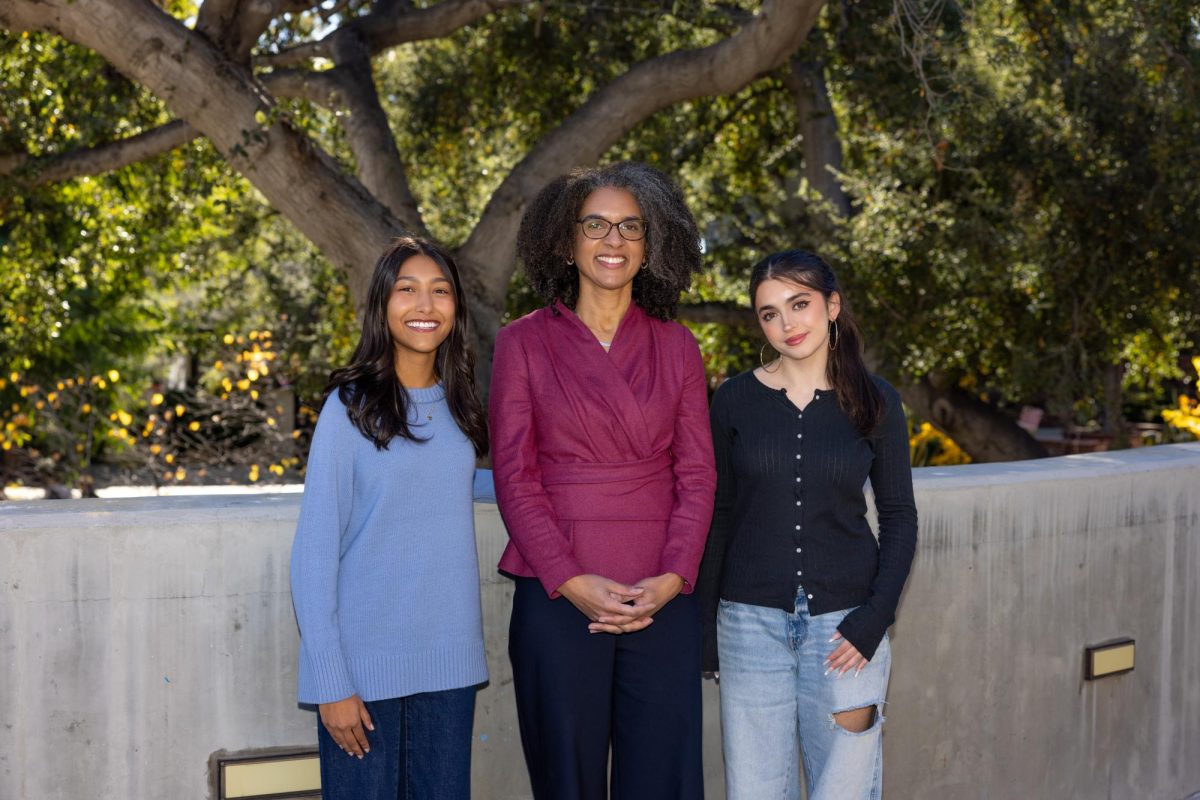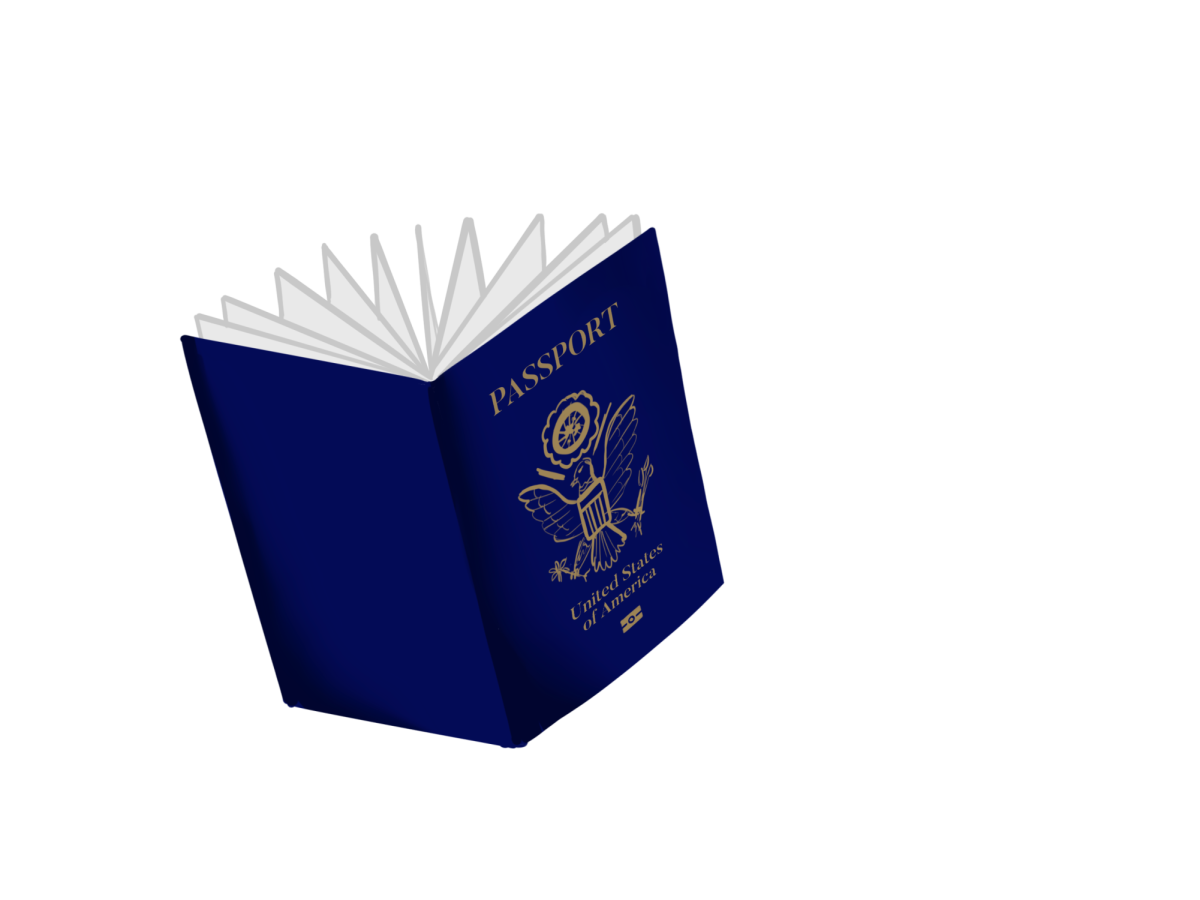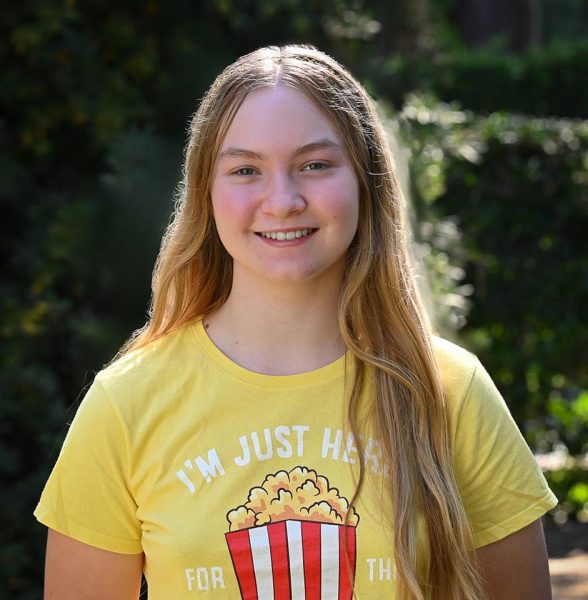As immigration policies continue to change under the current administration, PolyGlobal trip procedures have had to adapt to new guidelines about entering and exiting the United States.
In a world where understanding global policies is increasingly important, PolyGlobal provides an opportunity for students to connect with people across cultures and backgrounds. In addition to giving students a better understanding of the world around them, the program allows students from other countries to come visit the U.S. in international exchanges.
The director of the program, Rick Caragher, explained, “We live in a world that’s globalized, so PolyGlobal was founded on the principle that any twenty-first century education that has relevance should include a global component.”
Even as PolyGlobal thrives, new federal policies pose some obstacles. The Trump administration has both proposed and recently implemented travel policies that affect overseas travel and international exchanges, mostly in the recent One Big Beautiful Bill Act, which was signed into law on July 4, 2025.
Most of these policies make it more complicated to travel, but don’t stop or directly affect Poly exchanges. For example, getting a visa to travel to the U.S. now comes with a $250 Visa Integrity Fee, which can make it harder for exchange students to have proper documentation, although the fee can be refunded by the government later on. Students from some countries that come to Poly like Japan, Finland, and Italy, don’t need visas to enter the US because their countries are in the Visa Waiver Program, which uses other documents. However, these students still face more challenges getting the right documentation than in past years because of added questions about their backgrounds for security purposes.
Another challenge has been the way the U.S.’s relationships to other countries have changed compared to years prior. The primary example of this is South Africa, because the U.S. has tensions with them over claims of a white genocide. These issues are reflected during travel as there have been more challenges re-entering the US. Americans traveling in large groups get additional screening more frequently when returning from South Africa, and often get asked more questions at customs.
These changes mean that trips now require more research, paperwork, and significant planning, causing PolyGlobal to have adjusted travel protocol, especially when returning home to the U.S. Chaperones have been more cautious at airports, and PolyGlobal leaders have done extensive work to ensure that everything they do is in line with the new administration.
“First and foremost in our travel programs is the health and safety of our participants, students and chaperones. We want to make sure that we’re able to get everyone there and home safely,” Caragher said. He also shared, “The [Poly] administration has been very supportive.”
As a whole, however, the trips remain largely unchanged and will keep bringing incredible opportunities to Poly students.
“I believe that, as complicated as all these new policies are making PolyGlobal’s mission, they are just hurdles. It’s stronger than that,” shared Upper School World Languages Teacher Patricia Levin, who has led and chaperoned multiple GIP trips.
With lots of support from community leaders such as José Melgoza, the Upper School Director, PolyGlobal trips will continue to happen, providing valuable experiences to the staff and students at Poly.

